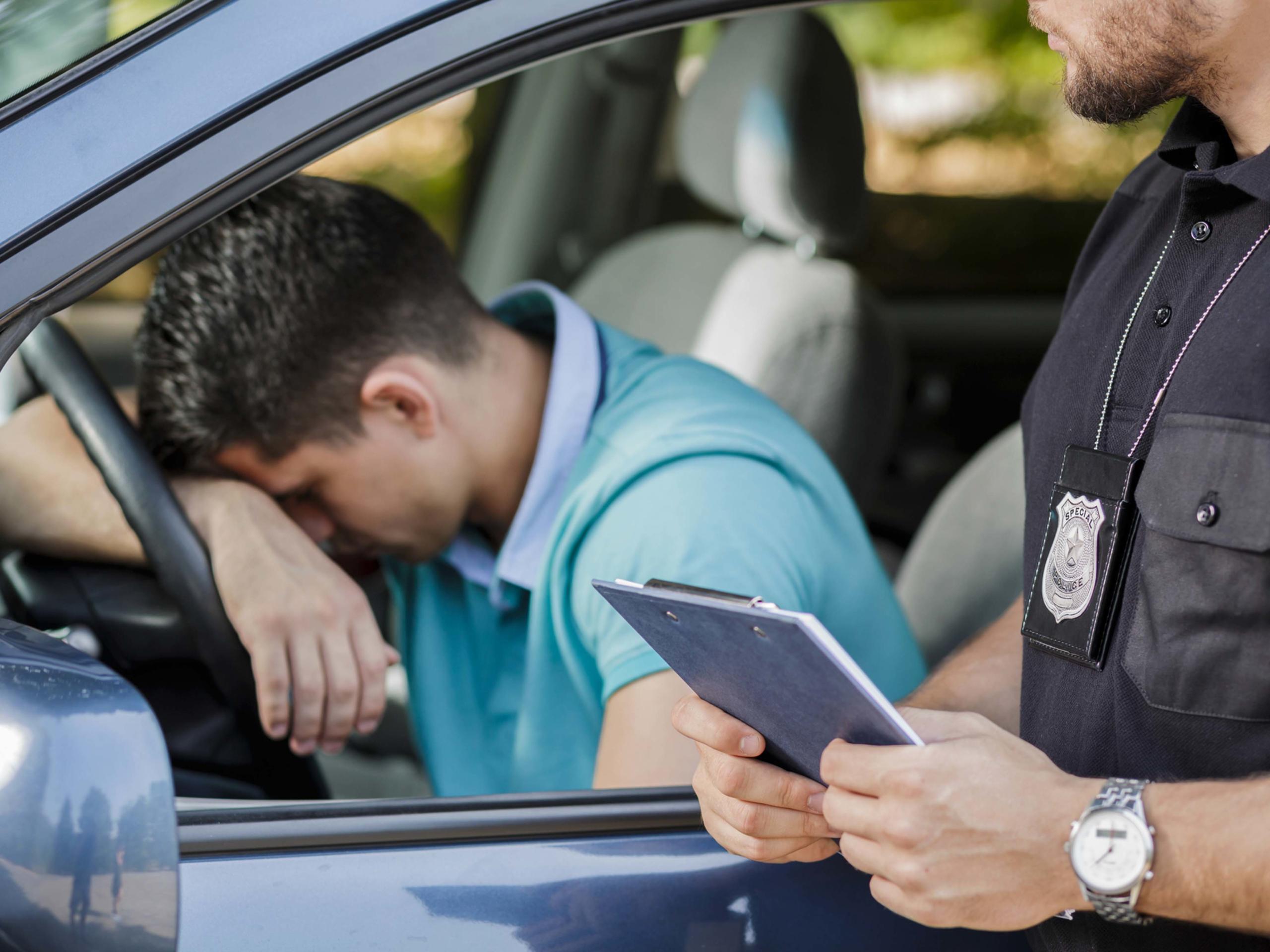If you were involved in a car accident in Minnesota, you might wonder how your past driving record could potentially affect your insurance claim or lawsuit. Perhaps you were responsible for a crash in the past. Maybe you are concerned about the impact of past speeding tickets. Will your record prevent you from being able to get compensation for your recent accident?
Contact an attorney for help understanding your driving record’s effect on your current claim. A skilled car accident attorney can help you:
- Understand whether past driving citations relate to your present claim.
- Anticipate the insurance companies’ arguments against you.
- Negotiate with the other driver’s insurance.
- Represent you at a trial.
- Protect your rights and interests.
Minnesota Car Accident Attorney
Reach out to an attorney if you were involved in a car accident and are concerned about your driving record. Call or text 612-Injured, a Minnesota firm assisting people involved in car accidents, at (612) 465-8733 for a free consultation.
What Is a Driving Record?
A driving record encompasses your past driving citations. It provides a detailed history of your driving, including:
- Tickets
- Accidents
- Rule violations
- License suspensions
The Minnesota Department of Public Safety and Vehicle services handles requests to review driving records. To check your driving record, you can make an individual inquiry with Driver and Vehicle Services.
Is Your Driving Record Admissible in Court?
According to the rules of evidence, driving records are inadmissible in a lawsuit unless one of the exceptions applies. In many cases, the rules of evidence prevent the other side from using your past driving behavior against you in a lawsuit.
The Bad Prior Acts Rule
A critical regulation of evidence that applies to driving records is the Bad Prior Acts Rule. One inference that people often make is that a history of doing wrong things in the past makes a person more likely to have committed a wrong in the present case. For example, people may think a history of speeding violations would make a person more likely to have caused an accident by speeding.
However, the Bad Prior Acts Rule prevents the other side from using your driving record to make this argument against you. The rationale for this rule is that – contrary to what people might assume – a history of doing something does not prove it happened again. So, having a speeding record cannot show that a person was going too fast at the time of the accident.
Exceptions to the Bad Prior Acts Rule
Although the Bad Prior Acts Rule can protect you from negative assumptions caused by a bad driving record, there are some exceptions. Sometimes, a person’s driving history can be admissible in court.
For example, if you testify that you have an excellent driving record and no citations, opposing counsel could bring in your driving history to challenge your claims. Making your driving history an issue in your lawsuit can bring it under scrutiny.
Also, certain felonies are admissible. A DUI or vehicular manslaughter conviction on your record might affect your case because the opposition could use your history to cast doubt on your credibility as a witness.
Insurance Companies Might Claim Your Injuries Came from Past Accidents
If you were involved in an accident in the past, the other driver’s insurance company might try to use this information against you – even if you were not at fault for the collision. The insurance company might say that your current injuries came from the old accident and, therefore, try to avoid providing you with the compensation you need.
A knowledgeable car accident attorney can negotiate with the opposing party’s insurance and protect your interests. Your lawyer can use evidence from the recent accident, such as accident reports, eyewitness testimony, and medical evidence, to negate the insurance’s claims.
Minnesota Car Accident Lawyer
If you were involved in a car accident in Minnesota, contact 612-Injured for assistance. A car accident lawyer might be able to prevent your driving record from adversely impacting your current claim. Your attorney can work with you to develop a plan and fight for your fair compensation for your accident. You can set up a free consultation with 612-Injured by calling texting us at (612) 465-8733.

